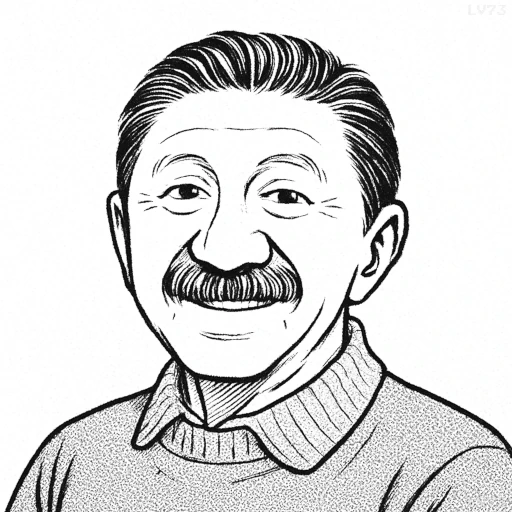“If you only have a hammer, you tend to see every problem as a nail.”

- April 1, 1908 – June 8, 1970
- American
- Psychologist, Creator of Maslow’s Hierarchy of Needs, Humanistic Psychology Pioneer
table of contents
Quote
“If you only have a hammer, you tend to see every problem as a nail.”
Explanation
This quote, often attributed to Abraham Maslow, conveys a timeless warning about the dangers of limited perspective and over-reliance on a single tool, method, or mindset. If one’s only solution is a “hammer,” then every issue—regardless of its true nature—is approached with the same blunt force. The result is misdiagnosis, oversimplification, and ineffective problem-solving, especially in complex or nuanced situations that demand diverse approaches.
The quote stems from Maslow’s critique of rigid thinking within psychology and science. He observed that specialists often fall into the trap of applying their preferred theory or method universally, rather than adapting to the unique dimensions of each problem or individual. For example, a behaviorist might see all psychological issues as conditioned responses, while ignoring deeper emotional or existential factors. Maslow advocated for a more flexible, integrative, and human-centered approach, particularly in understanding motivation and human potential.
In modern contexts, this quote is frequently invoked in discussions of leadership, education, medicine, and technology, where professionals may default to familiar solutions instead of seeking broader understanding or innovation. Whether it’s a teacher relying solely on lectures or a leader responding to every challenge with stricter rules, the lesson is clear: diverse tools, perspectives, and empathy are essential for real insight and effective action. Maslow’s metaphor reminds us that wisdom lies not in the strength of one tool, but in the ability to choose the right one.
Would you like to share your impressions or related stories about this quote in the comments section?

